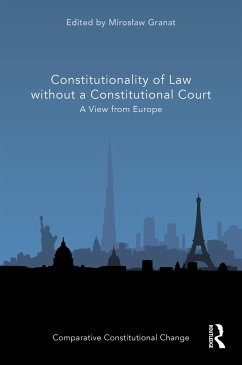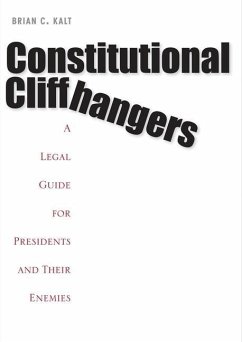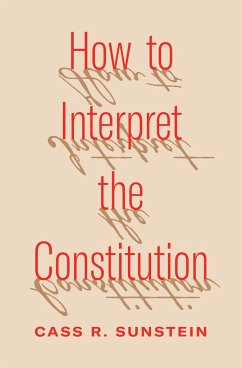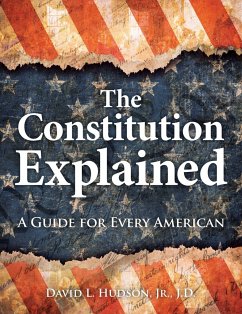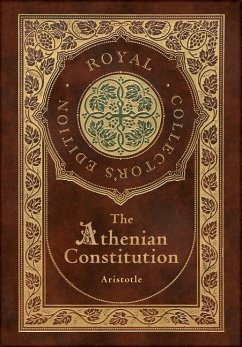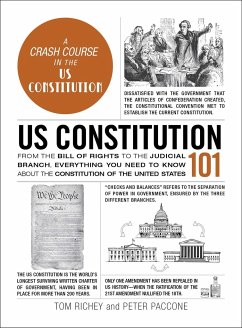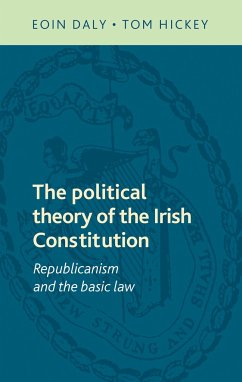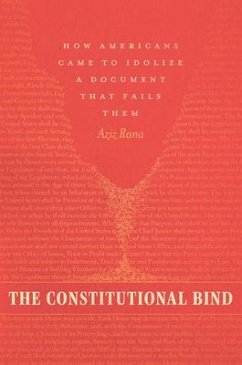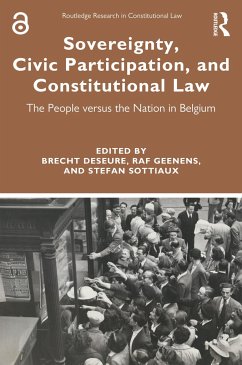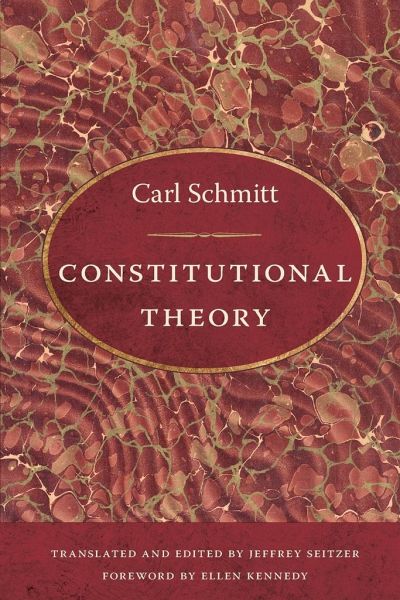
Constitutional Theory
Versandkostenfrei!
Versandfertig in 1-2 Wochen
35,99 €
inkl. MwSt.
Weitere Ausgaben:

PAYBACK Punkte
18 °P sammeln!
Provides an interpretation of the Weimar Constitution. This book presents an argument that the legitimacy of a constitution depends on a sovereign decision of people. It develops an understanding of liberal constitutionalism that makes room for a strong, independent state. It includes an introduction by Jeffrey Seitzer and Christopher Thornhill.




